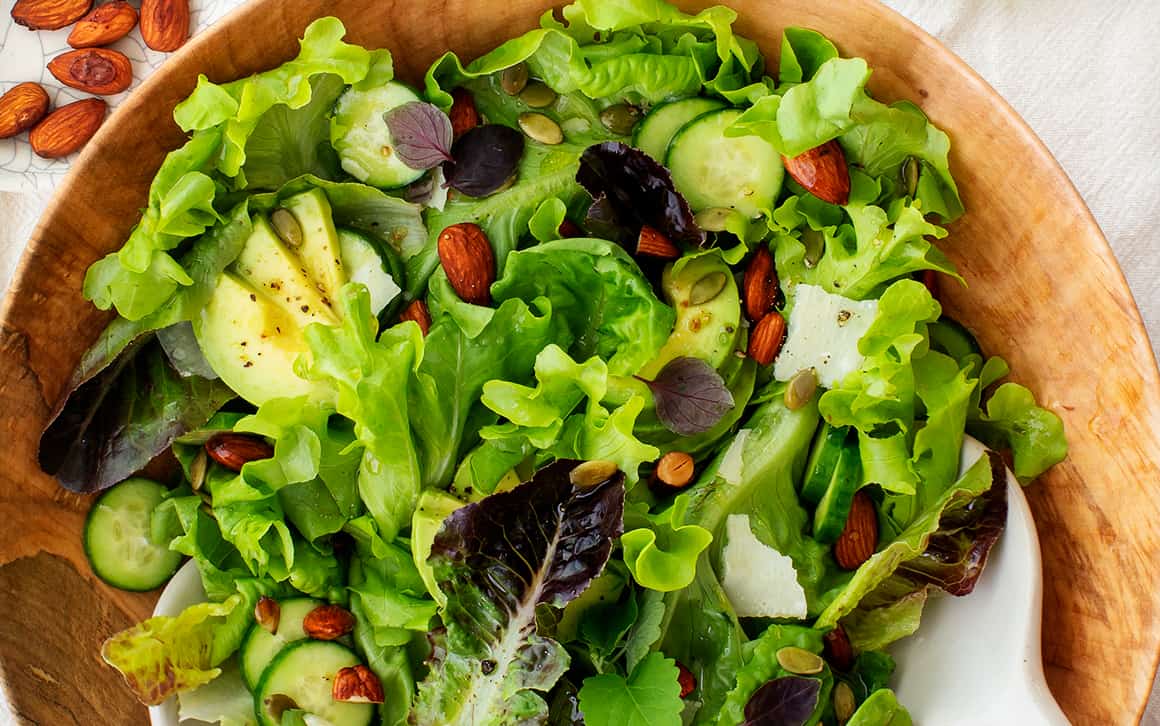



Article by: Hari Yellina
On the pub-meal plate, the simple side salad generally takes a back seat. For many people, it’s an unavoidable part of a pub lunch, sandwiched between the chips and the schnitzel. Even if we don’t eat our greens, the option of having them there can be appealing. Pubs, on the other hand, are a different story: while we maintain the right to be picky, they nonetheless pay out. Simone Douglas, the publican of the Duke of Brunswick, said her establishment was filling an entire rubbish bin with side salads that no one was eating. Due to the escalating expense of lettuce and other goods, several establishments are now requiring clients who know they will not be eating the salad to notify them ahead of time.
“The suggestion that’s going around on social media right now is to ask not to have it if you don’t really like it,” Ms Douglas said. “Not only does it save the venue money, but it also prevents them from throwing out a lot of material and garbage.” “If you’re a venue seeking to reduce your carbon footprint and waste in general, as well as being environmentally friendly… then that’s something you should consider.” While Adelaide restaurateur Frank Hannon-Tan isn’t considering removing greens from the menu just yet, he is all too acquainted with the dilemma of unopened salads being scraped into trash or composted. “It’s a contentious issue,” he said. “Some people won’t eat it at all, while others demand it as part of a meal on the plate — vegetables, carbohydrate, and protein.” “You’ve got to be really cautious there.”
While salads were not going away anytime soon, he said the rising expense of basic meals — particularly lettuce, but also beef and seafood — couldn’t be overlooked. Mr Hannon-Tan said, “It’s obviously had an influence across all the locations.” He claimed that iceberg lettuce was gaining popularity. “It’s a non-seasonal product,” he explained, “so I guess we’ve been focusing on more seasonal things and more winter vegetables.” “We’re trying to adapt, so we’re mixing in other types of leaves in the salads.”
Karen Murphy, a nutritionist at the University of South Australia, believes that making salads less available has obvious nutritional consequences. “Remove it [salad] from meals, and I believe you’ll see a reduction in our population’s intake of fruits and vegetables,” she said. “We are major meat eaters and don’t consume a lot of veggies – fewer than 10% of our population meets the fruit and vegetable consumption standards.” Associate Professor Murphy suggested that pubs try to find a middle ground by adopting Mr Hannon-advice Tan’s and switching to new cuisine that were similarly nutritious but less expensive. “Don’t we eat with our eyes? It must be appetising and entice you to eat it “she stated.
“You can get fairly creative with a variety of vegetarian things – rockets and spinaches, for example, or even grains.” Even before the COVID-19 outbreak wreaked havoc on pub budgets, Ms Douglas said her establishment had switched away from offering vegetables with schnitzels as a matter of routine. She believes that offering a decent salad as an add-on — at a reasonable price — would be the most appealing choice for bars dealing with mounting overheads. “By removing the side salad from the package, we were able to keep the schnitzels and everything else at a reduced price,” she explained.
“The client who doesn’t want the side salad wins, and the customer who does wants the side salad pays only the portion that would have been included in the schnitzel fee previously.” Associate Professor Murphy acknowledged that she understood pubs’ position and agreed that there was no simple solution. “We squander so much food,” she explained, “that I can understand why bars would do this.”